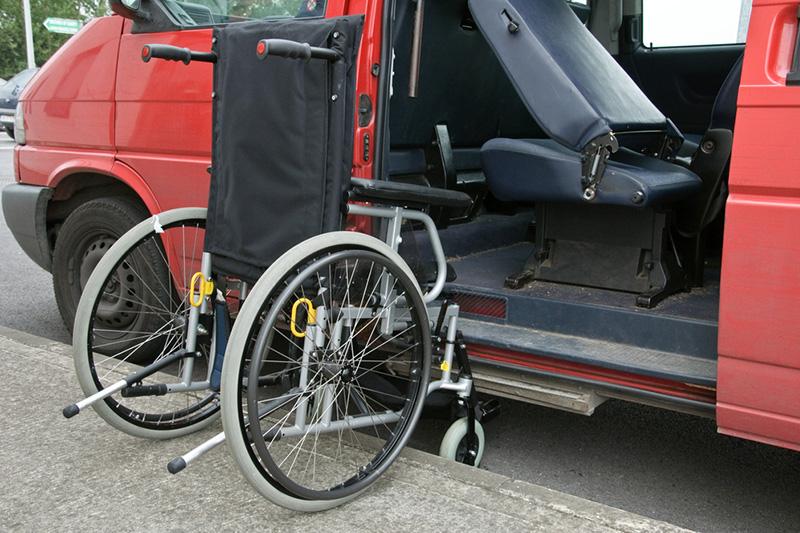American Cancer Society grant will help Tulane cancer patients overcome transportation barriers
Cancer patients undergoing treatment frequently require assistance getting to and from facilities, often adding stressful financial and logistical burdens on top of their diagnosis. To help address this issue, the American Cancer Society (ACS) has awarded Tulane Cancer Center a $10,000 transportation grant.
An estimated 26,480 Louisiana residents will learn they have cancer this year; getting to their scheduled treatments may be one of their greatest roadblocks to recovery, especially now. To help patients get the critical care they need, ACS community transportation grants are awarded at a local level to health systems, treatment centers and community organizations. These grants are available in select communities through an application process and focus on addressing the unmet transportation needs of cancer patients, particularly vulnerable populations experiencing an unequal burden of cancer.
Much of the population in the Greater New Orleans region lives at or below the federal poverty line, and many of these individuals are chronically uninsured or underinsured. They also disproportionately suffer higher cancer incidence and mortality rates. A widespread lack of access to clinical care among this socioeconomically disadvantaged population may result from transportation issues.
“Disparities predominantly arise from inequities in work, wealth, income, education, housing and overall standard of living, as well as social barriers to high-quality cancer prevention, early detection and treatment services,” said Kate Kelley, executive director of the American Cancer Society in Louisiana. “The society collaborates with community health partners to reach individuals in areas with higher burdens of cancer and limited or no access to transportation.”
Assistance provided through this grant will supplement the American Cancer Society's current Road To Recovery program, through which volunteers use their personal vehicles to transport patients to and from appointments. In as many cases as possible, Road To Recovery rides will be utilized first, and only when that program cannot fulfill a need will the grant assistance kick in.
“Our patients travel varying distances to receive their care here – from 5 miles to several hundred miles across the Gulf Coast,” said Melissa Barrois, LMSW, a Tulane Comprehensive Cancer Clinic social worker, who will oversee distribution of the grant funds. “Of course, if transportation issues block access to care, 5 miles can seem like several hundred. An ACS transportation grant can help us to alleviate that problem for many.”
Tulane Cancer Center Director Prescott Deininger said that removing these obstacles and the stress that comes with them can help patients to follow their treatment plans and focus more intently on their journey to survivorship. “We are deeply grateful to the American Cancer Society for their partnership and support in this incredibly important effort,” said Deininger.

